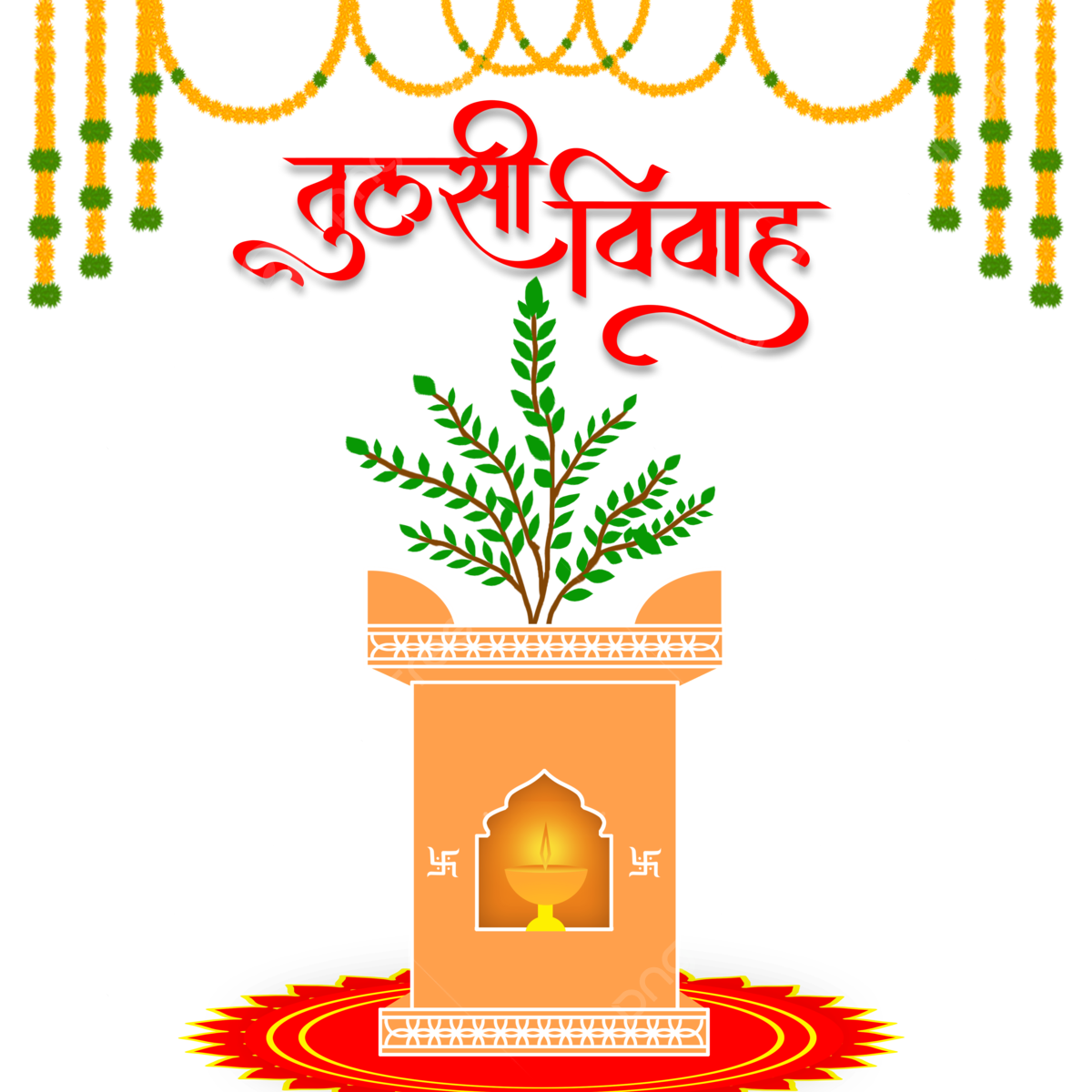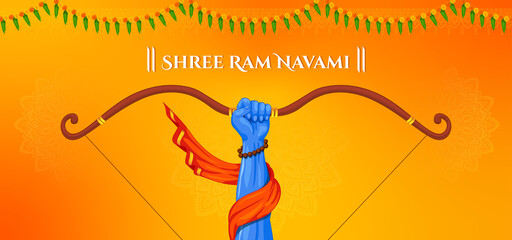Introduction
Tulsi Vivah is a unique and sacred Hindu festival that celebrates the ceremonial marriage of the Tulsi plant (Holy Basil) to Lord Vishnu. This event, rich in religious and cultural significance, marks the end of the monsoon season and the beginning of the wedding season in India. Let’s explore the various aspects of Tulsi Vivah and understand why it holds such a special place in the hearts of devotees.
The Significance of Tulsi Vivah
- Religious Importance: Tulsi Vivah is a highly revered festival in the Hindu religion. It symbolizes the divine union of Lord Vishnu with Tulsi, a manifestation of Goddess Lakshmi. This marriage is considered auspicious and is believed to bring prosperity and happiness to the household.
- Cultural Relevance: Beyond its religious significance, Tulsi Vivah plays an essential role in Indian culture. It marks the onset of the wedding season, and the rituals performed are believed to pave the way for harmonious marriages.
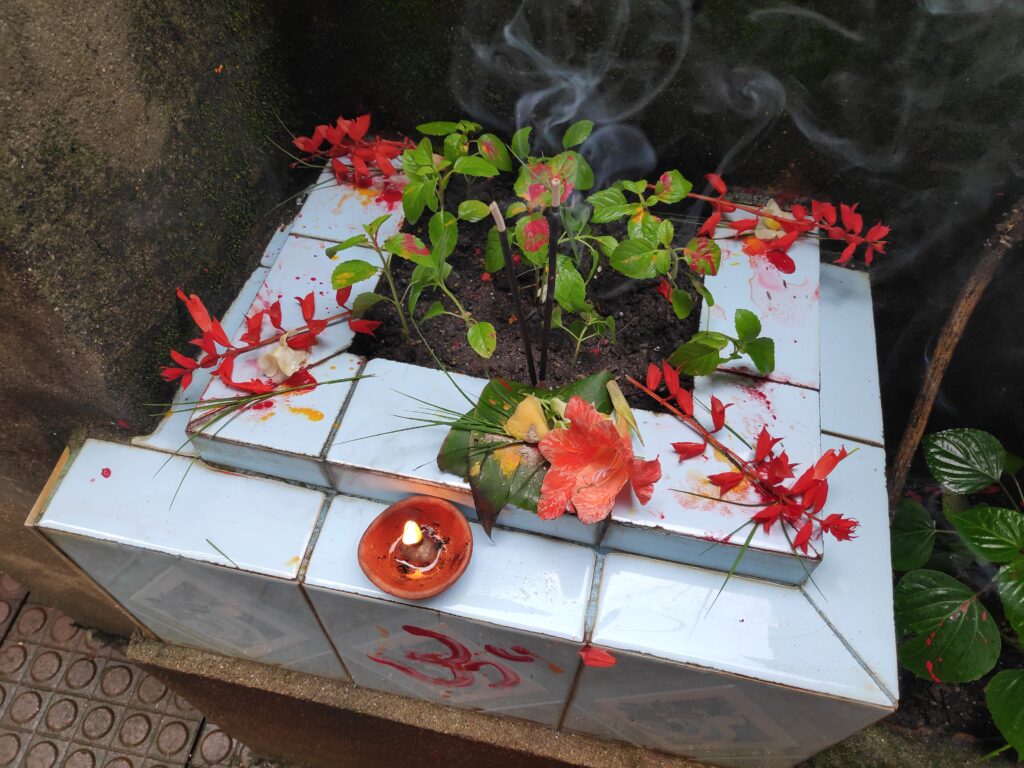
Historical Background
- Origin and Legends: The origins of Tulsi Vivah can be traced back to ancient Hindu scriptures. According to legend, Tulsi was a devoted woman named Vrinda who was transformed into a basil plant. Lord Vishnu married her in his form as Shaligram (a sacred stone), honoring her devotion.
- Evolution Over Time: Over the centuries, Tulsi Vivah has evolved, incorporating regional customs and traditions while retaining its core spiritual essence.
Rituals and Traditions
- Preparations and Decorations: Preparations for Tulsi Vivah begin days in advance. The Tulsi plant is decorated with traditional attire, jewelry, and flowers, while an image or idol of Lord Vishnu is placed alongside.
- The Wedding Ceremony: The ceremony mimics a traditional Hindu wedding, complete with rituals such as the tying of the sacred thread, exchange of garlands, and circling around a sacred fire.
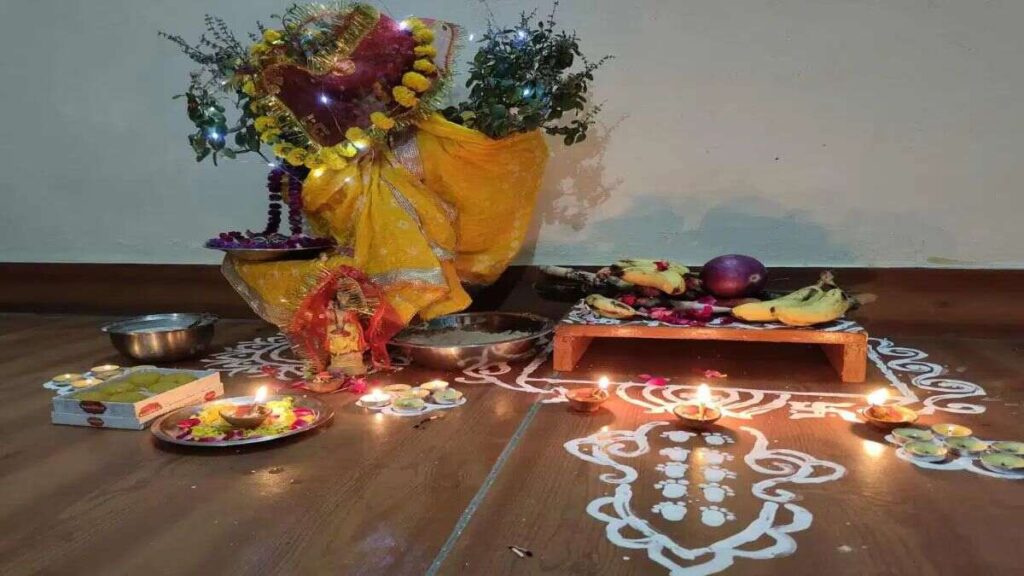
The Mythology Behind Tulsi Vivah
- The Story of Tulsi and Lord Vishnu: The primary mythological story associated with Tulsi Vivah involves Tulsi, a pious woman married to a demon king. Lord Vishnu, impressed by her devotion, granted her a boon to become his consort in her next life.
- Symbolic Meanings: The festival symbolizes the triumph of good over evil and the importance of devotion and purity in one’s life.
Tulsi Vivah Across India
- Celebrations in North India: In North India, Tulsi Vivah is celebrated with great fervor, especially in regions like Uttar Pradesh and Bihar. Families gather to perform the rituals and share festive meals.
- Festivities in South India: In South India, the festival is equally significant, with unique regional customs and elaborate ceremonies.
- Regional Variations: Each region has its own way of celebrating Tulsi Vivah, reflecting the diverse cultural tapestry of India.
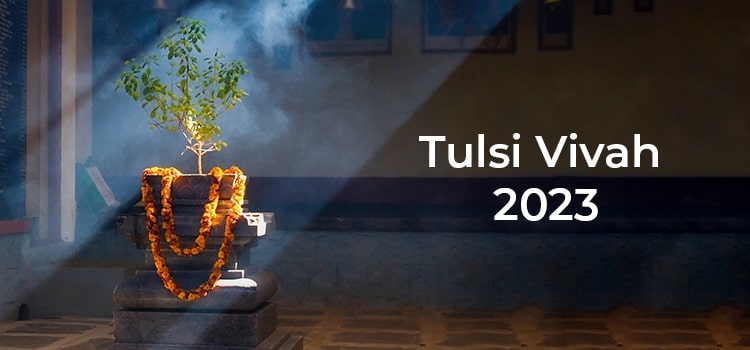
The Spiritual Significance of Tulsi Plant
- Medicinal Properties: Tulsi is known for its medicinal properties and is often used in traditional Ayurvedic remedies. Its leaves are believed to purify the mind and body.
- Spiritual Benefits: Spiritually, Tulsi is considered a sacred plant that brings divine blessings. It is believed to purify the home and protect the family from negative energies.
Worship Practices on Tulsi Vivah
- Morning Rituals: Devotees start the day with a bath and offer prayers to the Tulsi plant, often singing hymns and chanting mantras.
- Evening Prayers: In the evening, the main wedding ceremony takes place, followed by aarti (ritual of worship) and distribution of prasad (sacred food).
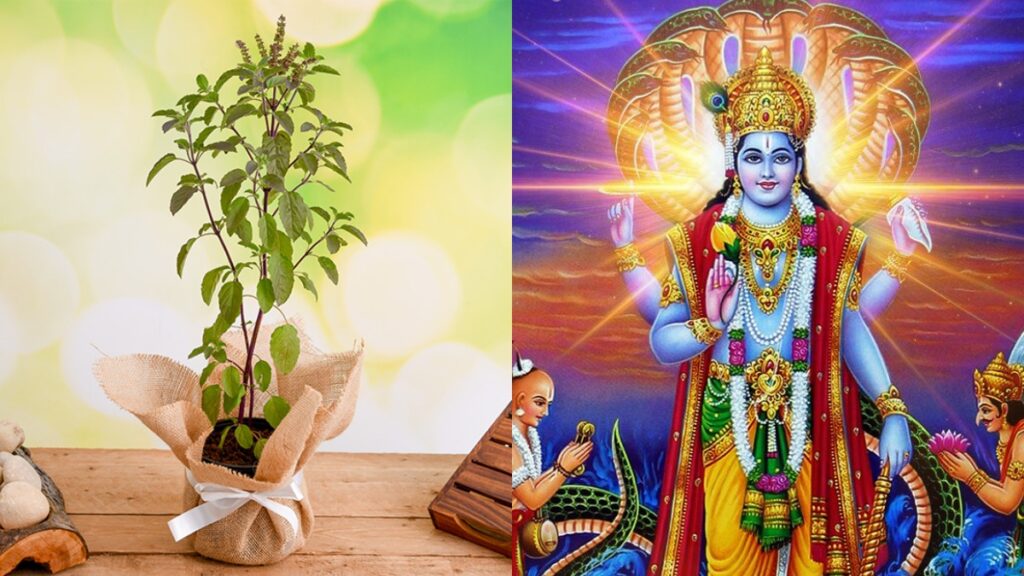
Tulsi Vivah in Modern Times
- Changes in Celebrations: While traditional rituals are still observed, modern influences have brought about changes in the way Tulsi Vivah is celebrated, including the use of digital platforms for sharing and streaming ceremonies.
- Global Observances: The Indian diaspora worldwide also celebrates Tulsi Vivah, maintaining cultural ties and passing down traditions to younger generations.
Eco-Friendly Practices
- Sustainable Celebrations: There is a growing emphasis on celebrating Tulsi Vivah in an eco-friendly manner, using sustainable decorations and minimizing waste.
- Environmental Impact: Devotees are encouraged to avoid using plastic and to plant more Tulsi plants, contributing to environmental conservation.
Preparations for Tulsi Vivah
- Household Arrangements: Families clean and decorate their homes, prepare special dishes, and invite relatives and friends to join in the festivities.
- Community Involvement: Communities often come together to organize collective celebrations, enhancing social bonds and cultural exchange.
Tulsi Vivah and the Lunar Calendar
- Astrological Significance: Tulsi Vivah is celebrated on the Dwadashi (12th day) of the Shukla Paksha (waxing phase of the moon) in the Hindu month of Kartik, making it astrologically significant.
- Timing of the Festival: The exact date varies each year based on the lunar calendar, but it typically falls in October or November.
Social and Cultural Impact
- Community Building: Tulsi Vivah fosters a sense of community and shared heritage, bringing people together in celebration and worship.
- Preservation of Traditions: The festival plays a crucial role in preserving ancient traditions and passing them on to future generations.
The Role of Women in Tulsi Vivah
- Women’s Participation: Women play a central role in Tulsi Vivah, from preparing the decorations to conducting the rituals, highlighting their importance in cultural preservation.
- Empowerment and Celebration: The festival also serves as a platform for celebrating women’s contributions and empowering them through active participation.
Conclusion
Tulsi Vivah is a festival that beautifully blends devotion, tradition, and community. It not only celebrates a sacred union but also reinforces the importance of purity, dedication, and cultural heritage. As we continue to uphold these traditions, we ensure that the rich cultural tapestry of our society remains vibrant and alive.

FAQs (Frequently Asked Questions)
- What is Tulsi Vivah? Tulsi Vivah is a Hindu festival that celebrates the ceremonial marriage of the Tulsi plant (Holy Basil) to Lord Vishnu.
- Why is Tulsi Vivah celebrated? It is celebrated to honor the divine union of Lord Vishnu with Tulsi, symbolizing devotion, purity, and the beginning of the wedding season in India.
- What are the main rituals of Tulsi Vivah? The main rituals include decorating the Tulsi plant, performing a wedding ceremony with sacred chants, and offering prayers and prasad.
- How is Tulsi Vivah celebrated across India? The festival is celebrated with regional variations, including community gatherings, special meals, and cultural programs in different parts of India.
- What is the spiritual significance of the Tulsi plant? The Tulsi plant is considered sacred in Hinduism, believed to bring divine blessings, purify the home, and possess medicinal properties beneficial for health.

